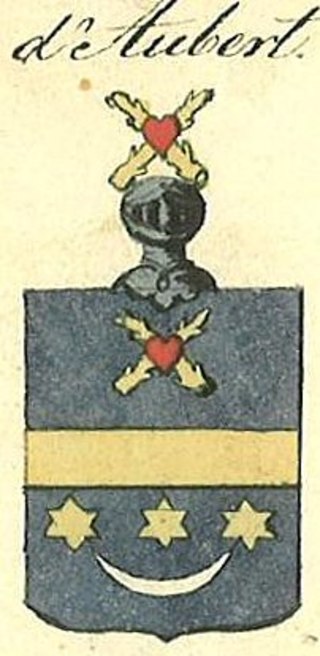See also
- Guilherme, Portuguese
- Villem, Estonian
- Wilhelm (name), German
- Willem, Dutch
- William (name), English
Vilhelm is a masculine given name, the Scandinavian form of William and Wilhelm. Notable people with the name include:
Axel is a Scandinavian, German, French, and Dutch masculine given name. In Estonia, Denmark, and Norway the spelling Aksel is more common. The Finnish form of the name is Akseli. A French feminine form is Axelle.
Signe or Signy is a feminine given name used in the Nordic and Baltic countries, derived from Old Norse sigr (victory) and nýr (new), which may refer to:
Bruun is a surname of North Germanic origin. The meaning is brown. In Denmark, the name is known to have been in use since the 13th century in the form Bruun. Other spelling variants are Bruhn and Brun. Today, c. 0.1% of the population carries Bruun as their surname or middle name. The name is also in use in Norway, the Faroe Islands and the other Nordic countries.
This surname has Anglo-Saxon pre-8th century origins; spelling variations include Albert, Albertson and Alberts in English names. It is derived from the Old German compound 'Aedelbeort' meaning 'noble-bright'. However, many sources show it as a French surname, with many spelling variations on the French form. It is now found in many locations of the world, spread by French Huguenot refugees, amongst others.

Wilhelmina is a feminine given name, the Dutch, German and Yiddish form of Wilhelm or William, which is derived from the Germanic wil, meaning "will, desire" and helm, meaning "helmet, protection". Wilhelmina was ranked in the top 1000 most popular names for girls in the United States between 1900 and 1940 but is rarely used today. In many European countries, this name is once again very popular. Nicknames for Wilhelmina include, but are not restricted to, Minna, Mina, Mineke, Minnie, Willie, Willy, Willa, and Billie.

The Alter Südfriedhof also known as "Alter Südlicher Friedhof" is a cemetery in Munich, Germany. It was founded by Duke Albrecht V as a plague cemetery in 1563 about half a kilometer south of the Sendlinger Gate between Thalkirchner and Pestalozzistraße.

Albert is a masculine given name. It is derived from the Germanic Adalbert and Adelbert, containing the words adal ("noble") and beraht. It is also less commonly in use as a surname. Feminine forms of the names "Alberta" are declining in use.

Marie is a variation of the feminine given name Maria.
Thure is a masculine given name. Notable people with the surname include:
Events from the year 1826 in Denmark.

The d'Aubert family, or Aubert, is a family of the French nobility. Branches also belong to the Nobility of Denmark and to the Nobility of Norway. The family originates in the town of Thionville in Lothringen, where their progenitor Jean Aubert was a merchant. Today members live in France, in Denmark, in Norway, in Sweden, and in Germany.
Roos is a surname with multiple origins. In Dutch, Low German, Swiss German and Estonian “Roos” means “Rose” and the surname is often of toponymic origin. In 2007, 8600 people were named Roos and another 2880 “de Roos” in the Netherlands. In the UK, Roos may be of patronymic origin (“Andrews”) or indicating red hair. The name is also relatively common in Sweden, Finland and Estonia . People with the name "Roos" or "de Roos" include: